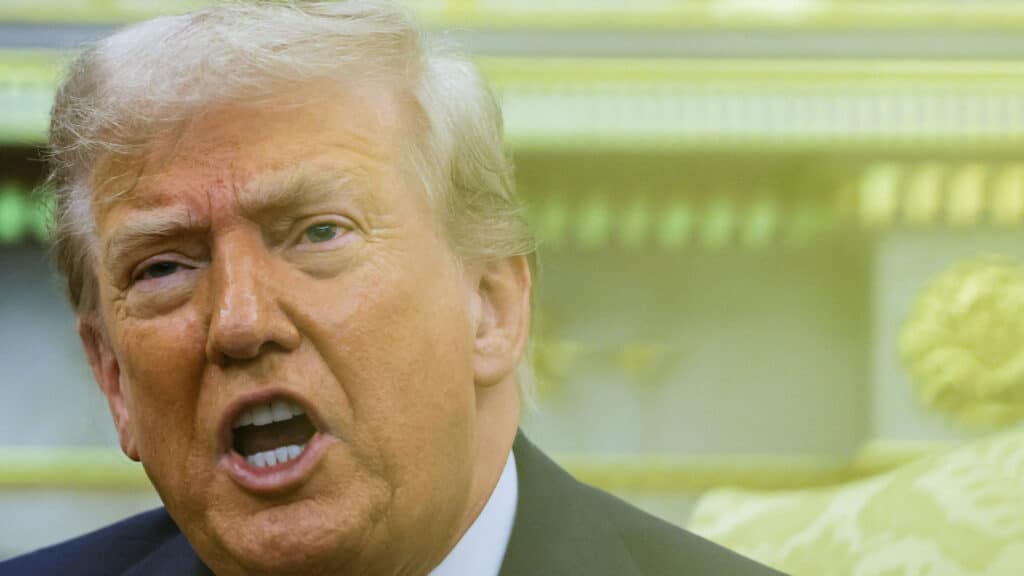US cuts tariffs on Japanese cars, threatening rivals

Japanese carmakers, including industry giants Toyota, Nissan and Honda, can breathe a sigh of relief, as U.S. President Donald Trump cut tariffs on Japanese car imports from 27.5% to 15% by signing an executive order on Sept. 4, thus formalizing an agreement announced in July which implied a 15% tariff for almost all of Japanese exports to the U.S. according to the BBC.
For its part, Japan agreed to gradually open its economy to American goods and invest $550 billion in the U.S. economy. The deal also includes Japan purchasing goods — including agricultural products, fertilizers and bioethanol — worth $8 billion annually, as well as gradually increasing imports of U.S.-grown rice by 75%.
Trump’s announcement of broad tariffs on imports from most countries in April preceded the deal.
The media noted that car shipments abroad account for nearly 20% of Japan’s total exports.
At the same time, another country relying on car exports to the U.S. — South Korea — is placed at a disadvantage amid Trump’s move. The Korea Times noted that Hyundai Motor’s export reliance on the U.S. reached 54% last year, while Kia’s stood at 38%. In the current situation, Korean companies face higher financial risk under the 25% tariff still in place.

